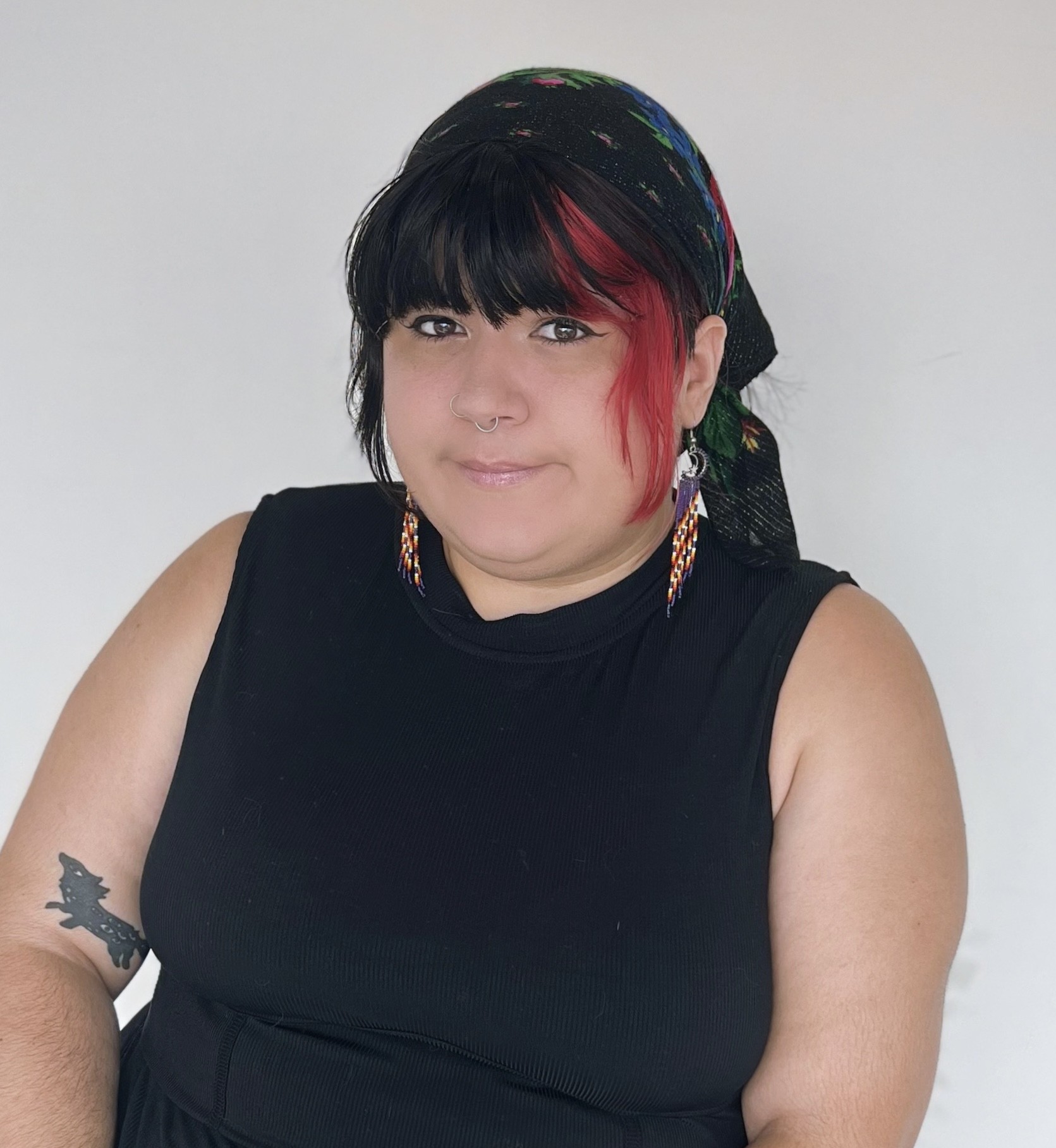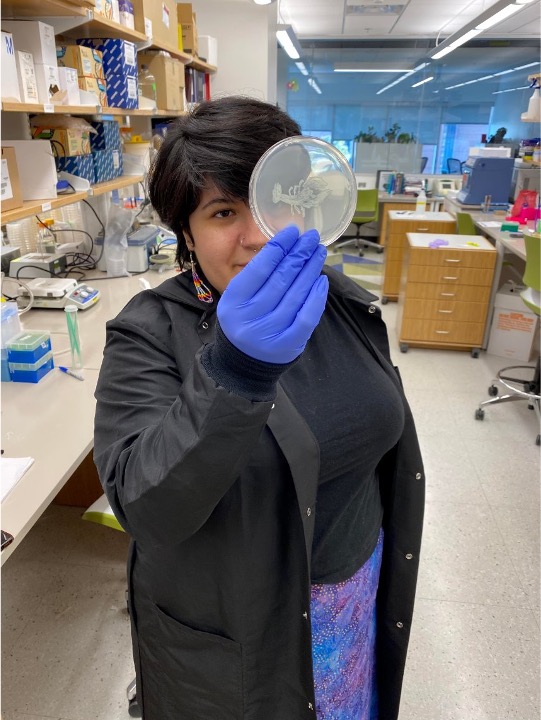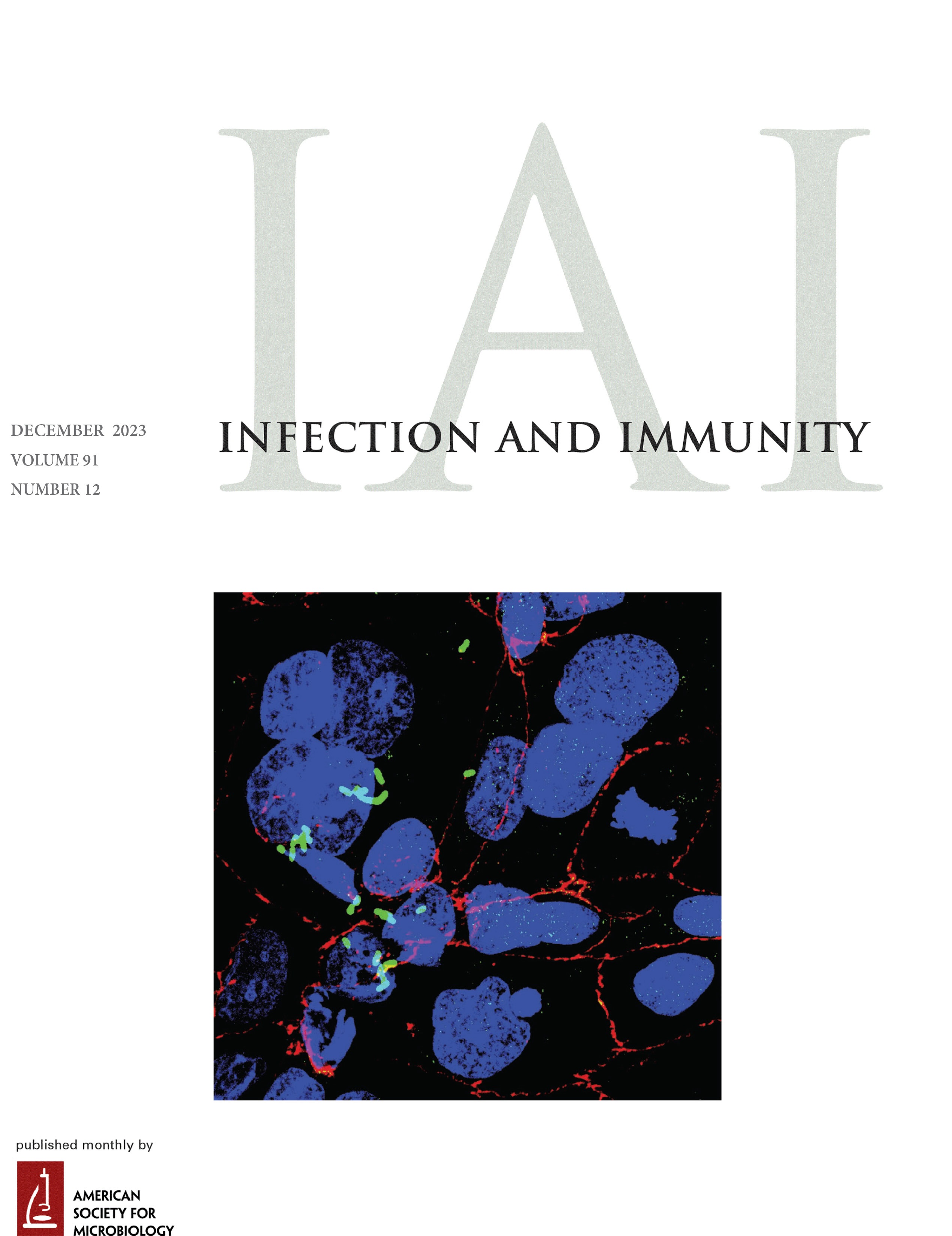Building a Scientific Path: An LSU Alum’s Journey from the Science Residential College to a PhD
October 14, 2024
 For many budding scientists, the journey to a research career begins with a spark
of curiosity about the natural world. For Caitlin Billiot, an LSU alum and soon-to-be PhD graduate from The University of Alabama at Birmingham,
that spark was ignited early on through a fascination with dinosaurs and the unseen
organisms that impact human health. In this Q&A, Billiot shares her path from childhood
curiosity to pursuing a PhD in microbiology. She reflects on the pivotal experiences
and mentors at LSU that shaped her journey, offering advice to current students seeking
to forge their own paths in science.
For many budding scientists, the journey to a research career begins with a spark
of curiosity about the natural world. For Caitlin Billiot, an LSU alum and soon-to-be PhD graduate from The University of Alabama at Birmingham,
that spark was ignited early on through a fascination with dinosaurs and the unseen
organisms that impact human health. In this Q&A, Billiot shares her path from childhood
curiosity to pursuing a PhD in microbiology. She reflects on the pivotal experiences
and mentors at LSU that shaped her journey, offering advice to current students seeking
to forge their own paths in science.
CoS: Can you share a bit about your background and your journey to LSU?
For as long as I can remember, I was always curious to learn more about the natural world. I remember checking out books about dinosaurs as a young child, eager to learn more about how the world was before humans. Throughout my childhood I bounced around different career ideas that were always science-focused, but a career in research wasn’t apparent to me until I reached high school. There, I had a teacher who fostered my interest and gave me the confidence to study science and pursue a career in scientific research. I knew I was interested in microbiology, as I became fascinated by these organisms that we cannot see yet have such profound impacts for our health. I chose LSU due to their focus on undergraduate research, as I was excited to get into the laboratory to investigate bacteria.
CoS: What is your current research focused on, and what inspired you to pursue this field?
My current research is my PhD dissertation project at The University of Alabama at Birmingham (UAB), which focuses on the bacterium Achromobacter xylosoxidans and its impacts on the cystic fibrosis (CF) lung. I am broadly interested in bacterial pathogenesis, host-microbe interactions, and the microbiome. This project combines all my interests perfectly, as I get to study pathogenesis of Achromobacter alone and in conjunction with Pseudomonas aeruginosa, one of the major CF colonizers. I was inspired to pursue this field due to the research projects and classes that I took at LSU, which shaped my research interests.
CoS: What are some of your favorite memories from your time at LSU and the Science Residential College?
Some of my favorite memories from my time at LSU and the Science Residential College (SRC) are the connections I have made—both with my peers and professors. I have friends from the SRC that I am still in contact with today. Being in proximity with people in similar majors gave me study groups, as well as friends. The SRC also helped facilitate relationships with instructors, which were important for my academic success. Additionally, Dr. Hollie Hale-Donze became one of my biggest mentors. As a first-generation college student, I knew I wanted to pursue a research career, but was not sure what was involved with preparing to apply for graduate school. Dr. Hale-Donze helped me reach out to a lab to find research experience and assisted with preparing my graduate school application, which helped me get to where I am today.
CoS: Were there any specific experiences or projects during your undergraduate years that had a significant impact on your research career?

Billiot recently defended her PhD at The University of Alabama at Birmingham.
My research experience in Dr. Doerrler’s lab was instrumental for fostering my interest in bacteriology. There, I was able to learn many techniques that have proved to be helpful in my graduate research. Additionally, since I was there throughout my four years in undergraduate, I was able to develop a better understanding of my project and become more independent in the lab near the end of my degree. This experience made me more confident in my choice to pursue graduate school.
CoS: What skills or knowledge from your time at LSU have proven most valuable in your graduate studies?
Obviously, some of the skills that have proven to be the valuable in my graduate studies are laboratory/bench skills. However, I think that the most important skills that I learned during my time at LSU were time management. Time management is an important part of my life as a graduate student. Between classes, time in the lab, seminars, journal clubs, and various other meetings, there is a lot to juggle. While the undergraduate workload is more class oriented, it taught me how to handle multiple responsibilities and how to prioritize tasks and get things done in a timely manner.
CoS: What advice would you give to current students or recent graduates interested in research or pursuing graduate studies?
My advice to those interested in pursuing research or graduate studies is to do undergraduate research! Research experience is, in my opinion, the most valuable tool that anyone can have when applying for graduate school. Since most of your time in graduate school is spent at the bench rather than classes, it is good to understand what type of research interests you, and you can begin exploring different projects/techniques while pursuing your undergraduate degree. While your undergraduate research doesn’t pinhole you into a particular field, it also helps you develop an understanding of how research is conducted in the laboratory setting.
CoS: If you could give advice to your younger self starting out in the Science Residential College, what would it be?
I would give myself the advice to seek out mentorship earlier. Over time, I have learned that mentors do not have to be formally assigned, but can be anyone who has knowledge that you wish to seek or that can give you guidance. There was some time that I felt a little overwhelmed at the beginning of my degree and I wish I had sought guidance and mentorship earlier. While everything worked out for me, I could have saved some trouble. In the SRC, especially there are plenty of tools and resources at your disposal so take advantage of them!
CoS: Are there any special projects, awards, or recent accomplishments you’d like to share?

Billiot recently published her research in the journal Infection and Immunity, where her microscopy work was featured on the cover.
My biggest recent accomplishment is that I have defended my PhD dissertation in the past few weeks and have since been interviewing for postdoctoral positions. My most proud accomplishments are getting my microscopy on the cover of Infection and Immunity and winning first place for graduate student presentations at the American Indian Science and Engineering Society (AISES) conference in Spokane, WA.
CoS: How do you envision your research evolving in the future, and what are your long-term goals?
I see my research evolving by finding ways to apply my accumulated knowledge and skills to new scientific questions. In looking for postdoctoral positions, I have been considering areas that are slightly different to what I work on, but similar enough to apply techniques and the knowledge I have gained throughout my PhD. I look forward to being able to put my own spin on projects in other labs and become a more independent scientist/researcher.
My long-term goals are something that I have been changing more recently. Going into graduate school and throughout my PhD, I had been focused on pursuing a career in government, such as for the CDC or something of the like. More recently, I have been considering becoming a principal investigator (PI). I appreciate the amount of scientific freedom that comes along with being a PI and I have also considered that mentorship is involved with these positions. Being able to mentor the next generation of scientists is appealing to me. While this isn’t a defined answer, I want to normalize not knowing. Science isn’t linear and many of my friends in graduate school have experienced similar changes in career goals. I think what is most important is keeping an open mind and looking out for opportunities. I am excited to explore these options in my postdoctoral position as I develop my science and my professional brand further.